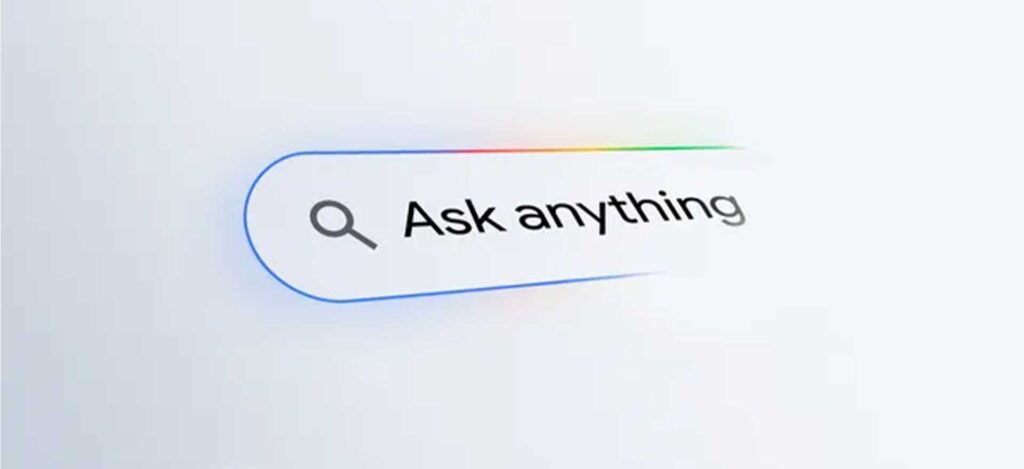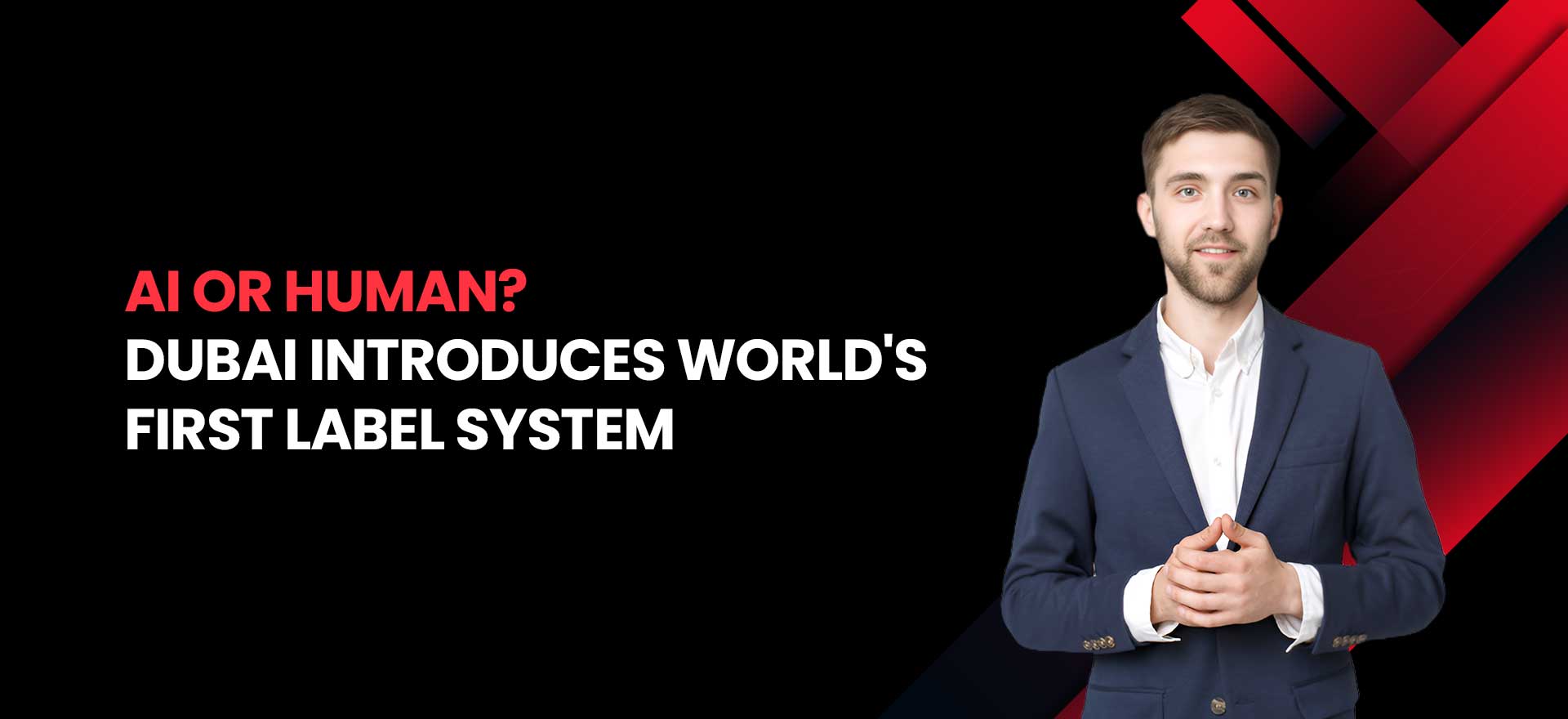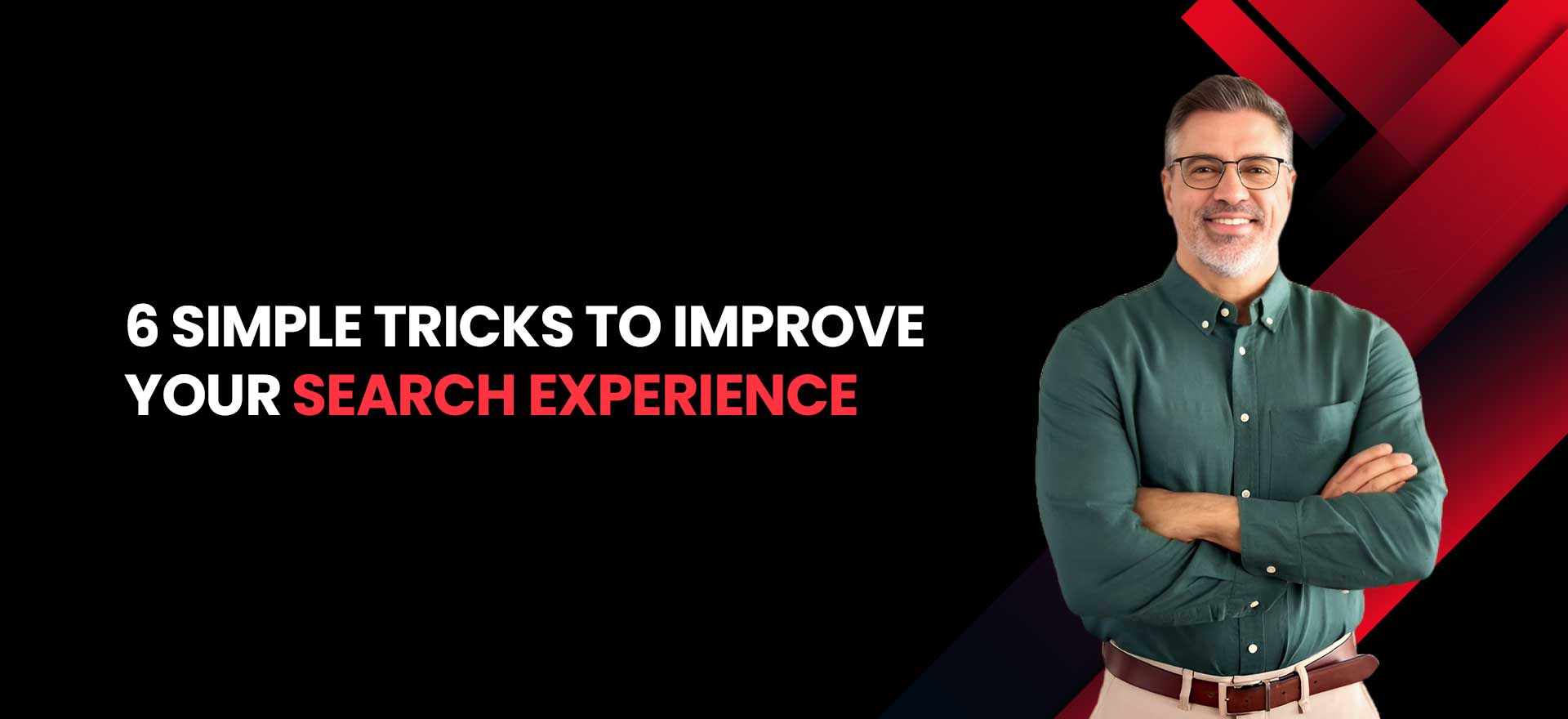It feels like the digital arena has changed dramatically as of late, and one of the strongest shocks could come from the introduction of the Google AI search feature. With tools like AI Overviews and Google’s generative AI technology interfering with the users’ search engine experience, one is left to question; is this new set of circumstances in favor of the users but against the publishers? Is the Search Generative Experience (SGE) spelling the death knell for organic website traffic? That would depend on who answers. But for most content creators, news publishers, and businesses that rely on organic visibility, the early signals are already bad.
The Rise of Google AI Search Feature

AI Overviews were introduced in 2023 by Google, providing a quick, synthesized summary of information right at the top of search results for any user. AI in search engines producing summary information is best described as an inverse click-through device since it lessens the need for a user to click to an external website, thus putting traditional blue links to shame. By 2025, the shift accelerated even further with the launch of AI Mode, a communicative assistant that was meant to compete with ChatGPT or any other existing AI tool.
The latest technologies have provided the consumer with a high-speed, more intuitive search. Contrarily, the results are much more damaging to the sites. Traditional search format gets replaced by AI tools, leading to a measurable decline in search visibility of publishers and service providers in different industries.
According to Similarweb data, as quoted by the Wall Street Journal, organic search traffic in The New York Times accounted for 36.5% of total traffic in April 2025 as compared to 44% in 2022.
AI-Powered Search Results and a Decline in Clicks
This means that the new way of getting information is very valuable, not often through crediting and linking back to the original source. They are calling out for news publishers. When AI, sometimes without the approval, licenses its content and then simply answers user queries, basically, it removes the reason for the consumer to go to that particular site.
Many digital marketers add fuel to the fire, calling it Zero-Click Searches, getting answers entirely from the search result page itself. With the improvement in AI across search engines, it is becoming obvious that one ought to become more common, larger, and complex.
Websites that previously relied on traffic from evergreen content like vacation guides, health advice, and product reviews are now seeing sharp declines. As the AI tools mature, the diversity of content they cover and replace is expanding rapidly.
Who’s Losing Out And Who Isn’t
Google AI search feature, according to Google, have increased engagement. But engagement for whom is the question since there has been a website traffic decline?
Indeed, while Google loves to keep its users on their platform longer to show them ads, have them shop through Google Shopping Ads, or engage with its services, not all of that time is being share with third-party sites.
Public acknowledgement of the threat has come from a number of major publishers, including The Atlantic and The Washington Post. They are looking at their digital strategy and revenue models in a new light. In fact, The New York Times has recently made moves towards the monetization of editorial content in a mode never before conceived by signing a deal with Amazon to license its content for AI training.
Others like Perplexity, an AI startup, have suggest profit-sharing arrangements under which publishers would compensate when their articles are surface in a response by a chatbot. This is promising, but still very much at the beginning stages.
What This Means for Digital Marketers and Businesses
The ripples of Google’s AI changes are felt beyond the media companies. Companies, small to large, primarily relying on organic traffic for their businesses, are noticing a reduction in leads, search visibility drop, and conversions. Diminished presence of niche websites, ecommerce stores, and local service providers in AI-generated results has been report.
With businesses needing to remain visible, traditional SEO may not be enough. It’s time to consider adaptive strategies:
- Google business profile optimization, with profiles being detail, frequently updated, and keyword optimized.
- Investing in paid media such as Google Shopping Ads to compensate for decreases in organic outreach.
- Looking for possible partnerships with AI platforms or content licensing opportunities.
- Keeping an eye out for emerging trends in AI in Digital Marketing 2025.
The game plan is simple: adapt, or be render invisible.
Is AI Replacing Traditional Search?

Without any doubt, AI is changing the search engine experience. However, is it totally replacing traditional search.
For the time being, traditional search components are still there but increasingly getting push further down the page, or even still to the secondary tabs. For those who have got use to an almost chatbot-style query and instant-answer experience, it might not even be necessary ever to scroll past the AI Overview.
Especially on mobile, given limited screen real estate, it’s even more so. The very top of a results page – traditionally occupied by organic results – where AI responses come first, ads, and rich features, translates into fewer users making it to that once-coveted top organic spot.
It raises serious questions about how search would be redefine; it might spell an end to the role publishers played in defining it.
Call to Action for the Industry
The Google AI search revolution has arrived and continues to gain momentum. It is time for digitally publishing businesses and others involved with it to realize that the golden era of reliable organic traffic might be coming to an end. But, of course, this does not spell doom— it’s a challenge to innovate.
Meanwhile, forward-looking media houses are creating new monetization models: licensing for AI training or developing subscription-based models that would lessen their dependency on search traffic. Local businesses are doubling down on hyper-personalization and community engagement. The tech-savvy businesses are exploring tie-ins, particularly with Falcon Arabic AI and other regional AI platforms, to extend their reach.
Simply put, the search landscape is undergoing transformation, and along with it, the necessary strategies for capitalizing on the new opportunities. The future will shine for those who are inform, agile, and willing to pivot when necessary.
Final Words
With the developments of the Google AI Search Feature, the change of information retrieval and consumption amply highlighted as not to be brush aside as a mere trend. It’s a paradigm shift with far-reaching implications for the web itself.
Content creators, marketers, and businesses need to begin thinking outside of conventional SEO terms: Whether through collaboration, licensing, or innovation on new platforms, survival and success will hinge on beating the AI that’s changing the rules.




